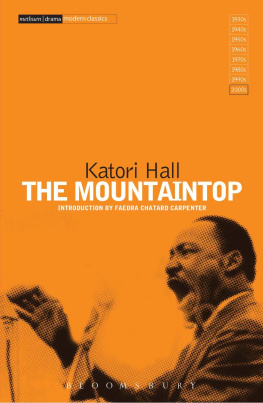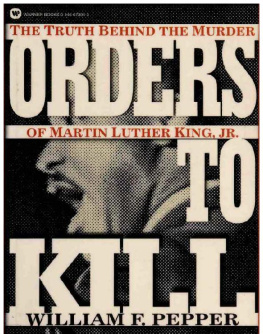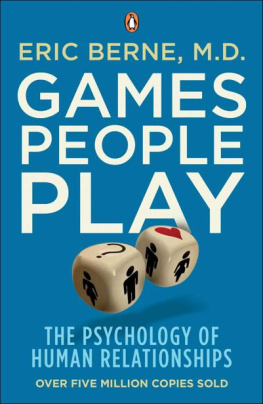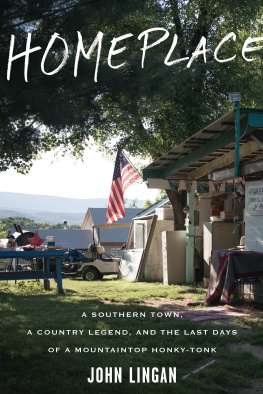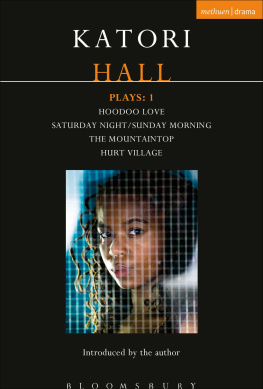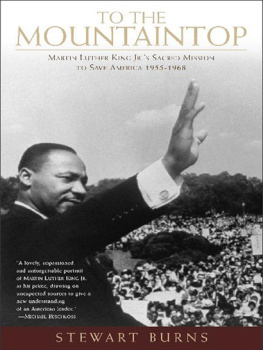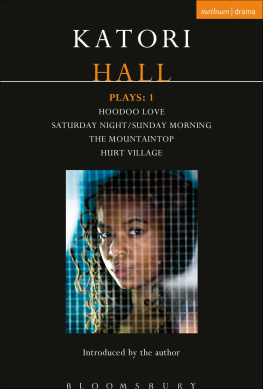Methuen Drama Modern Classics
The Methuen Drama Modern Plays series has always been at the forefront of modern playwriting and has reflected the most exciting developments in modern drama since 1959. To commemorate the fiftieth anniversary of Methuen Drama, the series was relaunched in 2009 as Methuen Drama Modern Classics, and continues to offer readers a choice selection of the best modern plays.
The Mountaintop
Winner of the Olivier Award for Best New Play, The Mountaintop is a historical-fantastic two-hander that portrays the penultimate day in the life of Martin Luther King. Portraying rhetoric, hope and ideals of social change, The Mountaintop also explores being human in the face of inevitable death. The play is a dramatic feat of daring originality, historical narration and triumphant compassion.
A beautiful and startling piece, beginning naturalistically before shifting gear into something magical, spiritual and touching A play that keeps you marvelling to the end.
Daily Telegraph
This edition includes an introduction by Faedra Chatard Carpenter.
Katori Hall is from Memphis, Tennessee. Her play The Mountaintop was first produced to great acclaim at Theatre503, London, in June 2009, and received a transfer to the Trafalgar Studios, London, the following month. It won the Olivier Award for Best New Play in 2010, and opened in Broadways Bernard B. Jacobs Theatre, New York City, in October 2011. Her other plays include Hurt Village (Classical Theatre of Harlem Future Classics Reading Series, BRIC Studio, 2007), Hoodoo Love (Cherry Lane Theatre, New York, 2007), Remembrance (Womens Project/World Financial Center site-specific work, 2007), Saturday Night/Sunday Morning (Classical Theatre of Harlem Future Classics Reading Series, The Schomburg Centre, New York, 2008), WHADDABLOODCLOT!!!, The Hope Well and Pussy Valley. Her numerous awards include the 2007 Fellowship of Southern Writers Bryan Family Award in Drama, a 2006 New York Foundation of the Arts Fellowship in Playwriting and Screenwriting, a residency at the Royal Court Theatre in 2006, and the 2005 Lorraine Hansberry Playwriting award.
Katori Hall
The Mountaintop
Introduction by Faedra Chatard Carpenter
Bloomsbury Methuen Drama
An imprint of Bloomsbury Publishing Plc
The Mountaintop
Introduction
Faedra Chatard Carpenter
Katori Halls march into the theatrical canon
Katori Hall is a woman with roots. Deep and penetrating roots. Roots that have the potential to alter and transform our cultural terrain. Now, we all have roots, but not all of us know the power that comes from fully claiming them; from mastering the ways they can be used to trace the twists and turns of our past and forge new pathways for our present and future. And this is what makes Katori Hall special: beyond acknowledging who she is and where she has come from, Hall embraces a nuanced and acute understanding of her inheritance, honing her knowledge and transforming it into creative, yet critical discourse. In her relatively short career as a celebrated playwright, she has managed to march into the theatrical canon with a vengeance, awakening our communal psyches by rejuvenating remembrances and challenging familiar narratives. She has done this with a dramatic voice that is at once wholly unique, yet indebted to various artistic and cultural legacies to which she readily pays homage.
Since Katori Hall is a Southerner committed to her Southern roots, it was befitting that she opened her introductory remarks for Methuen Dramas publication of Katori Hall: Plays One with a deliciously quotable quote: You cut me, and Ill probably bleed barbeque sauce. I am Memphis through and through. She went on to cite the particularizing marks of her hometown heritage. Memphis, she gently reminded her reader, is home of the blues, FedEx, Elvis Presley, Rendezvous barbeque and hoodoo. Upon first reading these words, I had already read The Mountaintop and Hurt Village, two of Halls most praised works, but it wasnt until reading those opening lines from the Methuen Drama volume that I knew I wasnt just a fan of her plays, I was a fan of Katori Hall. It is Halls unbridled, unapologetic commitment to her storyher heritage, art, and visionthat is both inspiring and infectious.
The Mountaintop is among Halls award-winning works, and certainly it is the one that has attracted the greatest swath of public attention. During its embryonic stage, The Mountaintop was honed through the Larks Playwrights Workshop, a year-long developmental program that allowed Katori Hall to gather together with an intimate group of playwrights every two weeks to share and hear select sections of their plays, read by professional actors.
Viewing history from The Mountaintop
A glimpse at the big picture: The Civil Rights Movement
As widely understood, the Civil Rights Movement marks one of Americas most volatile, yet profoundly productive eras. Generally associated with the years of 195468, the movement was rooted and propelled by visions of racial equality and forged by everyday citizens as well as now-iconic leaders. Among the most notable campaigns and events associated with Americas Civil Rights Movement are: the Rosa Parks-inspired Montgomery Bus Boycott of 1955; the founding of the Southern Christian Leadership Council (SCLS) in 1957; the founding of the Student Nonviolent Coordinating Committee (SNCC) in 1960; the organized protests in Birmingham, Alabama in 1963 (during which time King wrote his famous speech, Letter from Birmingham Jail); the legendary March on Washington in 1963 (host to Kings I Have a Dream speech); the suffrage march from Selma to Montgomery, Alabama in 1965; the formation of the SCLCs Poor Peoples Campaign in 1967; and the Memphis Sanitation Strike of 1968.
These efforts, and those citizensnamed and unnamedthat sacrificed their lives and livelihood to make true justice a reality, fought against the challenges of everyday discrimination and violence. Aside from the ubiquitous expressions of indignity consistently faced by blacks, the civil rights era also gave witness to a number of high-profile instances of violence against blacks and liberal whites; all serving as warning and inspiration for those in the struggle. Whether it was the callous murder of 14-year old Emmett Till in Mississippi in 1955; the murder of NAACP field secretary, Medgar Evers outside his Mississippi home and the killing of four little girls in a bomb explosion at the Sixteenth Street Baptist Church, both in 1963; or the torture and slaying of freedom riders James Chaney, Andrew Goodman, and Michael Schwerner in 1964; these horrific acts of violence and injustice tore at the American psyche, giving proof of societys ills and the need for change.
The enduring, nation-wide efforts of civil rights proponents and the public documentation of their struggles, didslowly but surelylead to major legislative rulings. Among these were the 1954 Brown vs. Board of Education ruling that determined that racially segregated schools were unconstitutional; the passing of the Civil Rights Act of 1964 which prohibited discriminatory practices in public spaces, educational settings, and employment practices; the Voting Rights Act of 1965 that championed the work of suffrage activists by prohibiting discriminatory practices in the voting process; the Loving v. Virginia ruling that deemed the prohibition of interracial marriages unconstitutional in 1967; and the 1968 Civil Rights Act that prohibits discriminatory practices in housing. While 1968 marks the year in which the last major legislative decision occurred within the period known as the Civil Rights Era, it also marks the all-too-sudden end of a life and, in many ways, the life force of the movement: it was in 1968 that Martin Luther King, Jr. was shot and killed in Memphis, Tennesseethe time and place situated in Katori Halls The Mountaintop.

